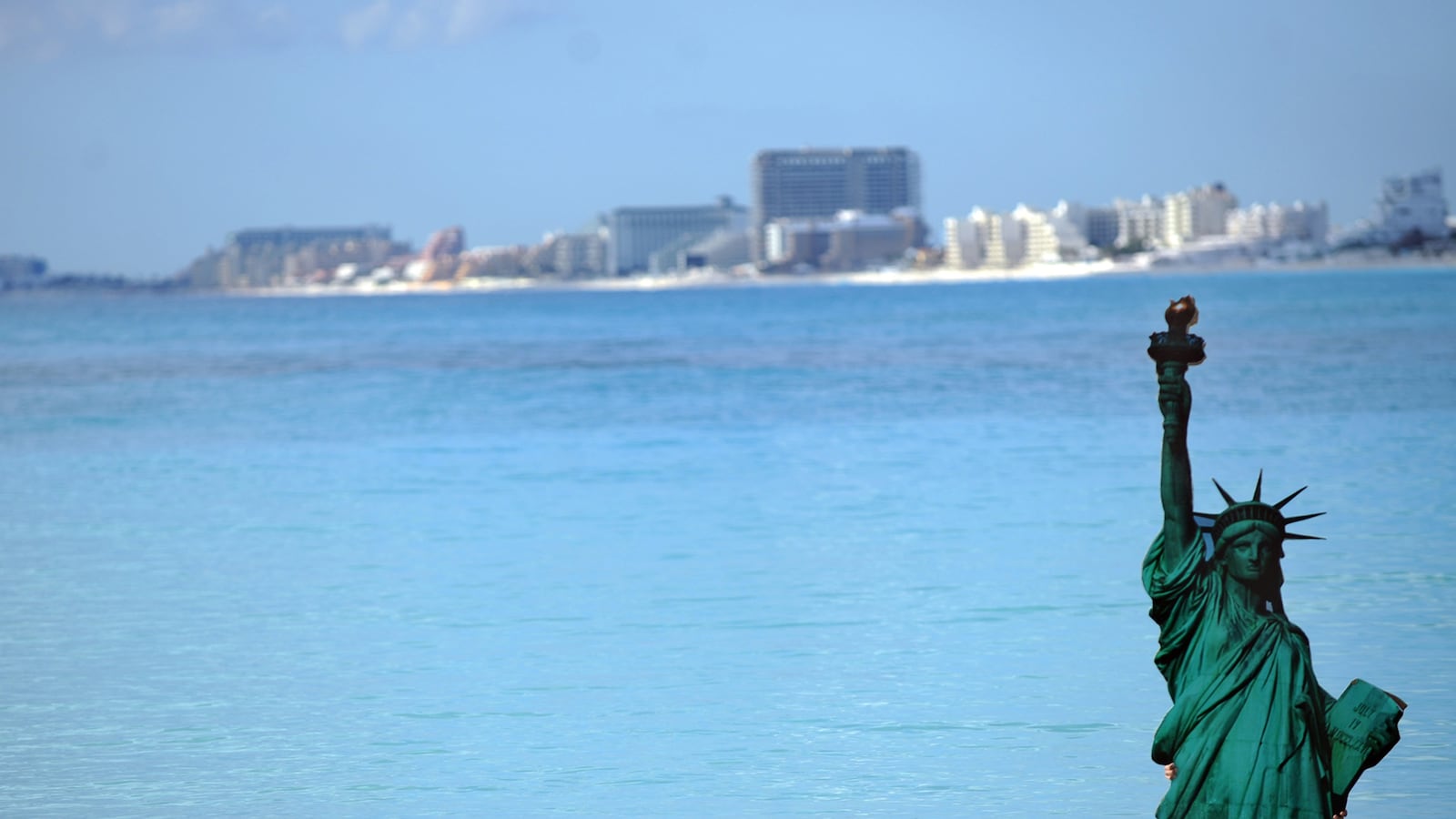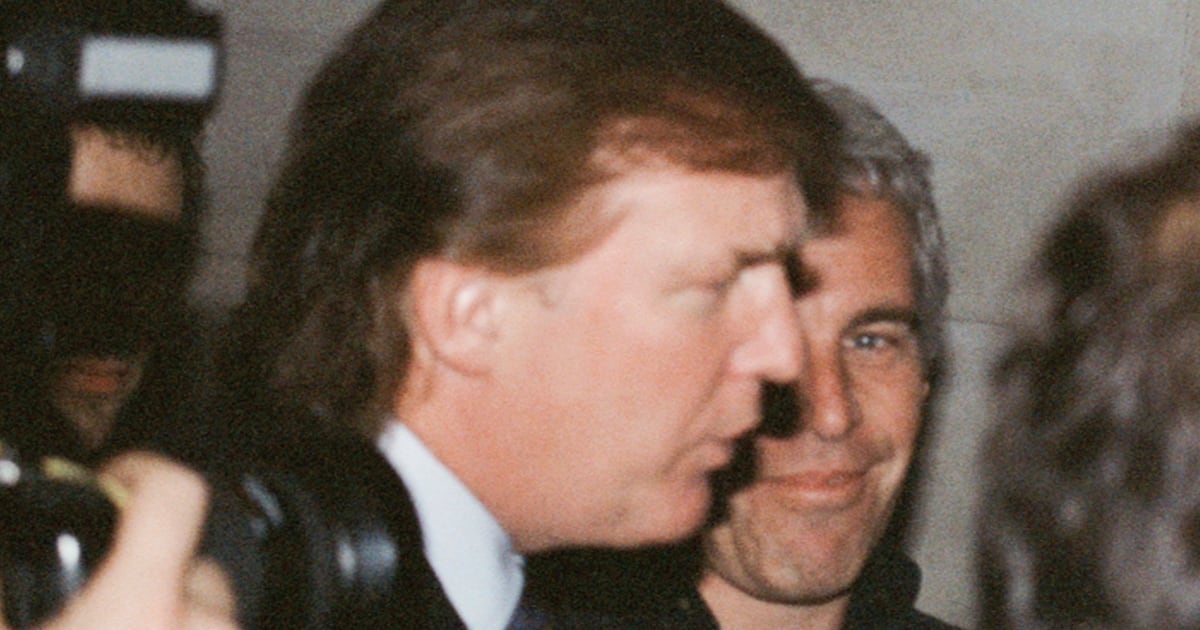In the first quarter of 2014, the economic impact of extreme weather related to climate change, combined with the inherent weakness of an economy suffering through a depression, produced a preliminary estimate of nearly no economic growth. This stark portrayal is a far cry from how the 0.1% GDP growth of the quarter has been presented. Rather, the narrative has gone something like this: Weather-related disruptions weighed upon business investment and consumer spending as the weak recovery continued.

Thus we continue to endure the two most consequential events of the recent decade without acknowledging either for what they are.
In the case of climate change, this timidity is understandable as change comes as weather and there will never be one clear event that signals indisputably that we’ve entered the climate rapids. Fifty years from now, however, odds are that historians will mark the first decade of this new millennium as the point at which global warming became undeniable, particularly in its economic impacts.
Similarly, future economic historians will likely mark the financial crash of 2008 as the beginning of a depression (it would be nice if they would come back in time and told us when it will end). Here too, it is understandable because there is such a high noise-to-signal ratio amid an incessant drumbeat of often conflicting economic data and so many false starts that it is extremely difficult to define a depression except in retrospect.
Part of the problem is that definitions of depression abound (the concept is so nebulous that the National Bureau of Economic Research, which officially calls recessions, demurs on the question of calling depressions). The description of depression that fits the present situation is a sustained period in which economic output falls substantially below an economy’s potential. Now five years into our “recovery” the Congressional Budget Office estimates that the economy this year will still fall short of its potential output by $723 billion (and this gap comes against figures for potential output that have been steadily marked down by the CBO since 2008, essentially lowering the bar).
Recognizing that things have truly changed has always been difficult for those living through inflection points in history. Those deepest inside the U.S. government and the intelligence community in the late 1980s were among the last to acknowledge that the Cold War was really over as the Soviet Union unraveled. “The Great Depression” as a proper noun only came into popular use in the 1950s, long after the event was over. As the economy bounced around in the mid-1930s, there were many premature calls that the crisis had ended, including one by President Roosevelt in 1936, after three years of impressive recovery, but just before a vicious new recession hit, and unemployment rose to new highs.
This blindness is deeply embedded in human nature. Such is our commitment to the world view we forge during our formative years that often we can’t see what is literally staring us in the face. Jerome Brumer, father of gestalt psychology, demonstrated this in a celebrated experiment in which he showed people a deck of cards salted with the wrong colors for different suits such as a red ace of spades. When the cards were turned over, most people saw them as normal. Only when they could linger for long periods would they see that something was amiss, but even then some people could not put their finger on what was wrong.
Does it matter whether and when we put a label on an era? Yes, greatly. Our reticence to state the obvious but unproven may be understandable, and even prudent, but it is not helpful. Recognizing that the changing climate carries with it harsh economic consequences might spur action to limit the harm. The Obama administration just did its part releasing a draft assessment of climate change asserting that it is already hurting Americans. Still, our current posture that global warming is a nebulous, far-off problem largely explains our complacency about a threat that has in the past been a civilization-killer.
Similarly, while economists will argue over whether the present period of near zero growth and stretched household finances is a depression long after the economy really does recover, acknowledging that for all but a tiny group of Americans the economy is in depression would do a world of good. For one thing, there might be less push for deficit reduction and more pressure for programs that might improve the incomes of ordinary Americans. One school of thought holds that FDR’s false belief in 1936 that the depression was over led his administration to tighten credit, pushing the fragile economy back into recession.
So, let’s acknowledge the obvious. The upside is that we might muster the political will to develop policies that match reality. Do we want those yet unborn historians (who are going to be royally annoyed about the world we bequeath them anyway) wondering how it was that we ignored what was staring us in the face?






